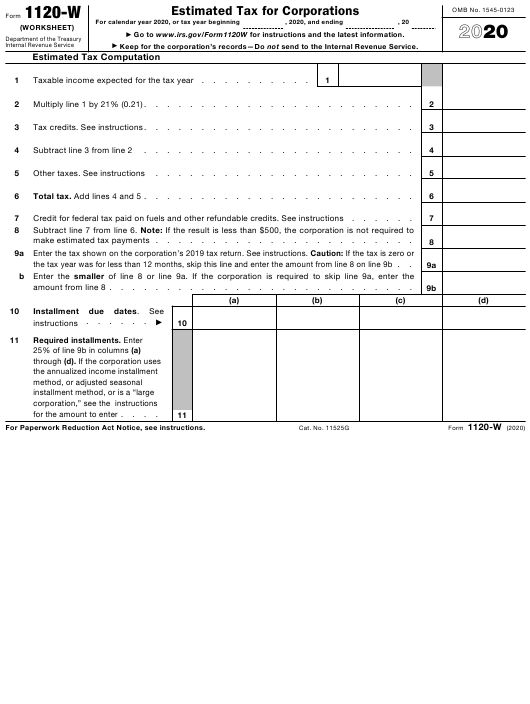
Creditors, on the other hand, are recorded as liabilities on the balance sheet of a company or individual. When a purchase is made on credit, the creditor is recorded as an account payable. When the payment is made, the account payable is reduced, and cash is decreased. There are several types of debtors, including secured debtors and unsecured debtors. Secured debtors have taken out loans or credit that is backed by collateral, such as a home or car. If they are unable to repay the debt, the lender may repossess the collateral to cover the outstanding balance.
- Over the course of your financial journey, you’ve certainly heard terms such as banker, issuer, lender, creditor and others.
- For example, you would be a debtor if you took out a loan with your bank.
- While the roles of debtors and creditors are different, they do have to work together, especially when the borrower needs help paying the owed money.
- The supplier, in this case, is the creditor because it supplied the needed materials to a manufacturing company on credit.
- This can be in the form of trade accounts payable or loans payable.
Conversely, long-term debtors owe amounts that are due longer than one year. The amounts are recorded as long-term receivables under the company’s long-term assets. If there is no possibility to meet the financial obligations, a debtor may file for bankruptcy to seek protection from the creditors and relief of some or all debts.
Learn the difference between creditors and debt collectors for purposes of the FDCPA.
A debtor is an entity or person that owes money to another party. Thus, there is a creditor and a debtor in every lending arrangement. The relationship between a debtor and a creditor is crucial to the extension of credit between parties and the related transfer of assets and settlement of liabilities. The actions of the creditor are somewhat different when it is lending money, versus when it is extending credit. Here, the party can be an individual or a company which includes suppliers, lenders, government, service providers, etc.
We’ll start with the debtor’s side, which is defined as the entities that owe money to another entity – i.e. there is an unsettled obligation. Debtors are the entities with unmet financial obligations in the context of business transactions, whereas the Creditors are the entities owed payments. Creditors, on the other hand, are typically given payment terms by the entity or individual to whom they are owed. These payment terms may include discounts for early payment or penalties for late payment. To avoid becoming overwhelmed by debt, it is important for debtors to create a budget and stick to it, make payments on time, and avoid taking on more debt than they can afford to repay. Some people may need to take out loans or credit to cover unexpected expenses, such as medical bills or home repairs.
Who Are Creditors?
Lastly, we hope that through this article, we have been able to provide detailed insights into the various aspects and differences between debtors and creditors. Both debtor and creditor roles are important because they determine the position of the parties involved in the financial transactions of a business. Conversely, a debtor receives goods, services, or money from a creditor. A debtor could be a person or some other entity, such as a business.
Rochester Diocese receives insurer’s competing $201 mln … – Reuters
Rochester Diocese receives insurer’s competing $201 mln ….
Posted: Fri, 01 Sep 2023 22:34:00 GMT [source]
For example, consider Sally, looking to take out a mortgage to buy a home. These are economic resources that are owned by the business and can be measured in monetary terms. Going by this definition, a debtor is an asset to the business. It does not indulge in the inventorying processes and provides goods that are further processed in the supply chain. If the debtor fails to meet any of these obligations as scheduled, the debtor is under technical default and the creditor can take the debtor to Bankruptcy Court. In this article, we will learn about the subsidiary books, it’s types and purchase return books.
What is a Creditor?
The availability of the CreditWise tool depends on our ability to obtain your credit history from TransUnion. As you start to build or rebuild your credit, you can monitor it with a tool like CreditWise from Capital One. It’s free for everyone, and using it won’t impact your credit scores. You can also visit AnnualCreditReport.com to learn how to get free copies of your credit reports.
New problem in Levarht bankruptcy – hortidaily.com
New problem in Levarht bankruptcy.
Posted: Fri, 25 Aug 2023 07:00:00 GMT [source]
Creditors are typically financial institutions, such as banks, although private individuals can also act as creditors. When an individual or organization lends money, social security administration they become the creditor, and the borrower becomes the debtor. In business, we normally use debtor for any customer we sell goods or provide service on credit.
AccountingTools
You will have to pay fees if you hire a debt settlement company, but because they specialize in this kind of work, they may be able to get you a better deal than you could get on your own. Many people find that once they graduate and enter the working world, they struggle to pay back their student loans. If you’re in this situation, you can use SuperMoney’s tool to compare student loan refinance rates. Your CreditWise score is calculated using the TransUnion® VantageScore® 3.0 model, which is one of many credit scoring models. Your CreditWise score is a good measure of your overall credit health, but it is not likely to be the same score used by creditors.
To ensure that your business doesn’t encounter cash flow issues as a result of the non-payment of debts, it’s imperative to manage your debtors effectively. In contrast, a debtor is the person or party that owes the creditor money. For example, you would be a debtor if you took out a loan with your bank.
The Impact of Debtors and Creditors on Cash Flow
In the event of a debtor’s bankruptcy, a secured creditor can seize the debtor’s collateral to cover the debtor’s losses. A mortgage, which uses a piece of property as security, is the most well-known example of a secured loan. Debtors are often grouped in financial reporting based on the period of their debt repayments.

However, still, there is a possibility that some debtors fail to pay the sum in time for which they have to pay interest for making a late payment. Over the course of the repayment period, creditors collect payments from debtors, and they often report information about those payments with credit reporting agencies. If the debtor fails to pay on time, the creditor may report that, too, which can damage the debtor’s credit score. While purchasing goods on credit a buyer may not make the payment immediately instead both the seller and buyer may enter into a lending & borrowing arrangement. Even though payment terms are mutually agreed upon there is still a difference between debtors and creditors. There are a few different theories as to why banks are called debtors.
Difference between a debtor and a creditor
The set of laws governing debt practices activities, known as the Fair Debt Collection Practices Act (FDCPA), forbids bill collectors from threatening debtors with jail time. However, the courts can send debtors to jail for unpaid taxes or child support. In accounting reporting, creditors can be categorized as current and long-term creditors. The debts are reported under current liabilities of the balance sheet. Debts of long-term creditors are due more than one year after and are reported under long-term liabilities.











 Visit Today : 38
Visit Today : 38 Visit Yesterday : 319
Visit Yesterday : 319 This Month : 4328
This Month : 4328 This Year : 4328
This Year : 4328 Total Visit : 79896
Total Visit : 79896 Hits Today : 46
Hits Today : 46 Total Hits : 291864
Total Hits : 291864 Who's Online : 14
Who's Online : 14